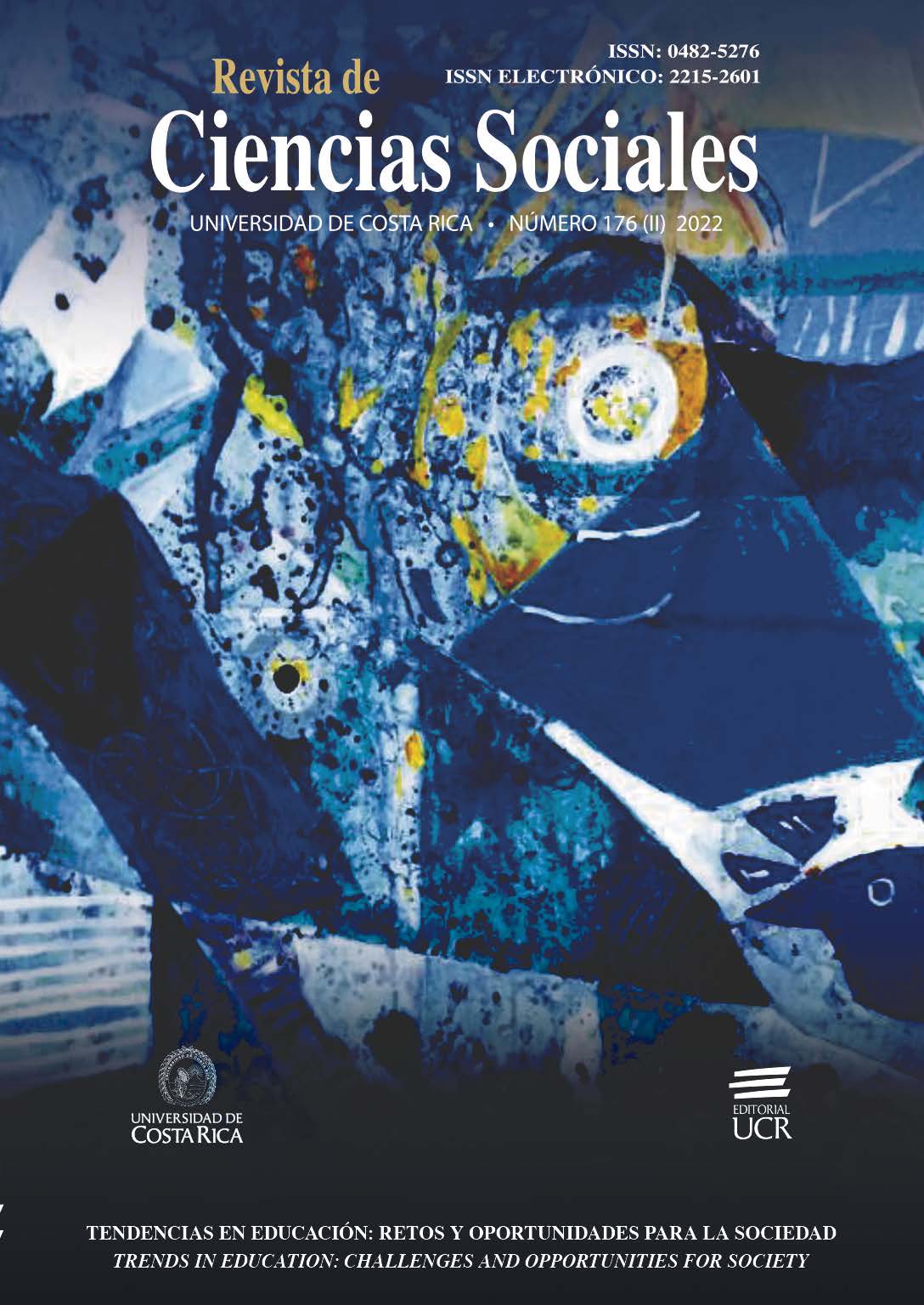Abstract
In this article, a longitudinal study of documentary data was carried out to create an urban well-being index. The urban well-being derived from the analysis of the strengths and weaknesses linked to the multicultural, adequate, sustainable and healthy situation of the cities of Oaxaca, Mexico is assessed. This index was subjected to a descriptive statistical and network análisis. It was evidenced that there is no city that stands out from the rest with a high index of well-being. The hypothesis that the cities of Oaxaca have high urban well-being is rejected, since the cities have low values. The index considered in the article can be as an alternative to assess the welfare of cities, as well as the particular attention they require.


